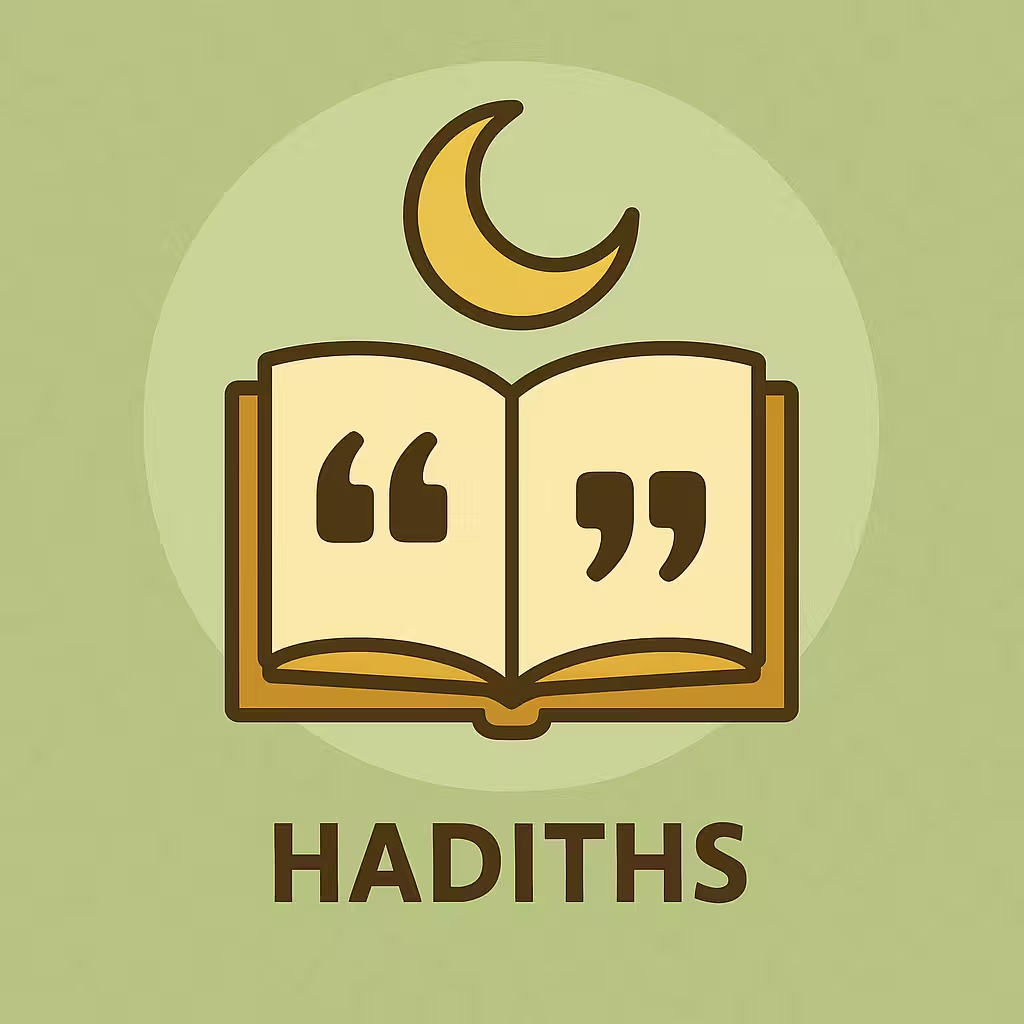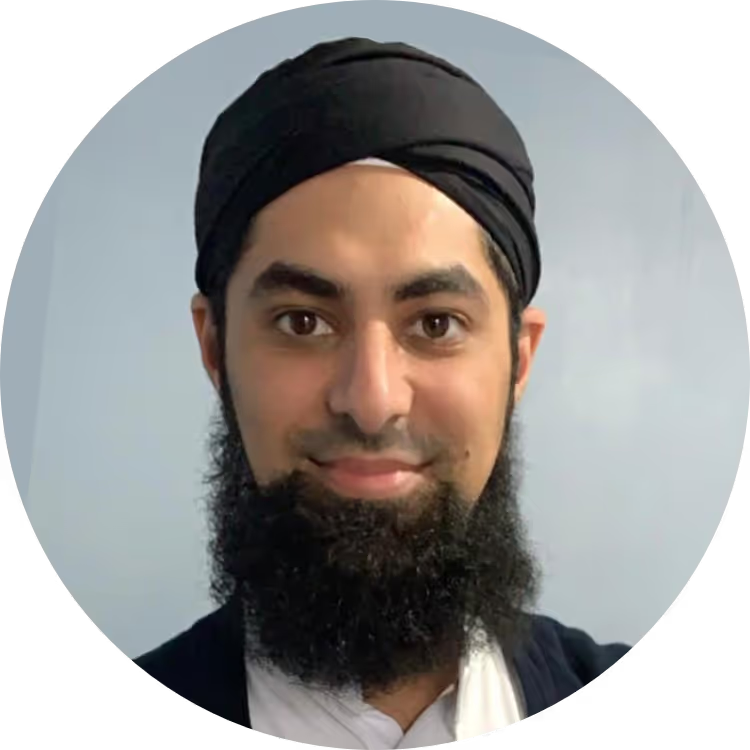Top Authentic Hadith on Seeking Knowledge
1) “Whoever takes a path to knowledge, Allah makes his path to Paradise easy”
This narration is authentic. It’s reported in Sahih Muslim and also in Jamiʿ at‑Tirmidhi (graded sahih), highlighting both the act of traveling a path for knowledge and the virtue of group study in the mosque.
Why it matters for you: make study a literal, regular “path”—a repeatable routine and a supportive circle.
2) “The angels lower their wings for the seeker of knowledge… Scholars are the heirs of the Prophets”
In Sunan Abi Dāwūd, this extended report—graded sahih by Al‑Albānī—ties multiple virtues together: angels honoring seekers, creation praying for the learned, the scholar’s rank over a mere worshipper, and the scholars inheriting from the Prophets knowledge (not wealth).
Why it matters: learning with understanding (fiqh) elevates worship; passing knowledge on is prophetic work.
3) “Seeking knowledge is an obligation upon every Muslim” (ṭalab al‑ʿilm farīḍah ʿalā kulli Muslim)
In Sunan Ibn Mājah, the chain is weak per Darussalam; however, modern analyses argue the report is hasan li‑ghayrihi (sound due to supporting chains), and many scholars have cited its meaning for centuries. Use it as a moral pointer, but ground practice in the fully authentic texts above.
What kind of knowledge does Islam require?
Fard ‘Ayn: knowledge every Muslim must learn (first)
This includes what each person personally needs to worship Allah correctly and live uprightly: basic creed (ʿaqīdah), purification, prayer, fasting, zakah/Hajj for those obligated, and day‑to‑day rulings one actually faces (e.g., marriage, business ethics). Learn your fard ayn on the Jibreel app today.
The authentic narrations above frame this priority—especially the ease to Paradise for those who pursue knowledge and the virtue of understanding religion.
Fard Kifayah: communal knowledge (shared duty)
Fields the ummah needs—advanced jurisprudence, hadith sciences, medicine, engineering, education, security, etc. When enough people undertake them, the rest are absolved; when neglected, everyone bears sin proportionally.
Beneficial knowledge beyond fiqh
Islam encourages sound, beneficial knowledge that serves people and aligns with ethics. Seekers should link learning to service—solving real problems for family, community, and society.
Practical roadmap: how to seek knowledge today
Step 1 — Set your intention (niyyah)
Study to please Allah and act upon what you learn. Make the prophetic duʿāʾ for beneficial knowledge part of your morning routine: “O Allah, I ask You for knowledge that benefits”
Step 2 — Start with a structured pathway
Cover Fard ‘Ayn first. This is essential as it is an obligation on every individual Muslim.
Use a clear sequence: creed → purification → prayer → fasting → zakah/Hajj (as applicable) → everyday dealings. (On Jibreel, we scaffold these into short, trackable lessons.)
Use the Jibreel app (backed by authentic scholars) to learn your fard ayn in 5 minutes a day.
Step 3 — Small & consistent
Consistency beats intensity. The path analogy in the hadith favors small daily sessions—e.g., 5 minute daily lessons.
Step 4 — Verify sources
Prefer authentic texts and reputable explanations. When you quote a hadith, check its book, number, and grading where available (as we did above).
Step 5 — Join a circle of learning
The Prophet ﷺ praised groups that gather to recite and study; tranquility descends, mercy envelops, angels surround, and Allah mentions them. Make a weekly study circle—online or at your local masjid, even if its just witha single friend.
Step 6 — Act, then teach
Acting on knowledge cements it. Share verified notes with friends or family; teaching multiplies reward and turns your learning into knowledge that benefits—one of the deeds that continues after death.
Frequently Asked Questions
Is the hadith “Seek knowledge even if you must go to China” authentic?
It’s popularly quoted but weak/fabricated according to hadith scholars; do not attribute it to the Prophet ﷺ as authentic. Stick to the rigorously authenticated narrations above.
Does “every Muslim” include women?
Yes—“every Muslim” includes men and women alike. Many scholars explain it refers foremost to individually obligatory knowledge that each person needs to practice Islam correctly.
Does secular learning count?
Religious basics come first, but beneficial worldly knowledge that serves people—when sought with a sound intention and ethics—is praiseworthy and can be rewarded.
How do I balance seeking knowledge with work/family?
Prioritise essentials (Fard ‘Ayn), learn in short daily blocks, and tie study to life moments (e.g., revise zakah before paying, marriage rulings when engaged, business ethics before a contract). The hadith emphasizes a steady path over sporadic bursts.
How Jibreel helps you live these hadith
- Structured Fard ‘Ayn curriculum: bite‑size daily 5 minute lessons that match the obligations in your life stage and covering all your obligations.
- Habit‑friendly design: daily goals that turn your learning into a “path.”
- Review & retention: spaced repetition to help you act upon what you learn.


















.avif)

Lorem ipsum dolor sit amet, consectetur adipiscing elit. Suspendisse varius enim in eros elementum tristique. Duis cursus, mi quis viverra ornare, eros dolor interdum nulla, ut commodo diam libero vitae erat. Aenean faucibus nibh et justo cursus id rutrum lorem imperdiet. Nunc ut sem vitae risus tristique posuere.
Lorem ipsum dolor sit amet, consectetur adipiscing elit. Suspendisse varius enim in eros elementum tristique. Duis cursus, mi quis viverra ornare, eros dolor interdum nulla, ut commodo diam libero vitae erat. Aenean faucibus nibh et justo cursus id rutrum lorem imperdiet. Nunc ut sem vitae risus tristique posuere.